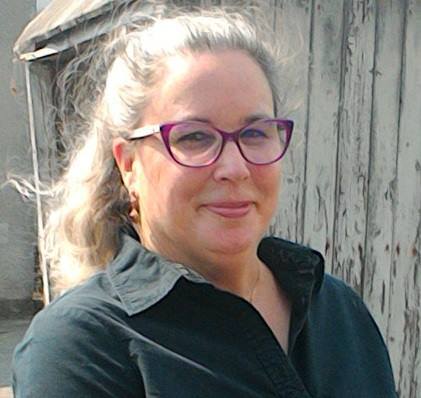In 2017, Ireland published its new Traveller and Inclusion Strategy (2017-2021), which was seen as a positive step forward. The original strategy, submitted to the European Commission in 2012, had been severely criticized by groups working with the Traveller and Roma communities for lacking substances, clear aims and adequate funding. As part of the development of the new strategy a new Roma committee was established in 2016, the first national policy forum with Roma representatives from across Ireland.
Roma in Ireland experience high levels of racism and discrimination both at an individual and an institutional level. In 2013, there were two incidents where Roma children with fair skin and hair were thought to have been abducted and were taken into state care before it was eventually established that they had been removed from their biological families and were returned. An Inquiry by the Ombudsman for Children followed, confirming that these incidents had been driven by racist myths about the involvement of Roma in ‘stealing’ children and that at least one of the cases had amounted to ethnic profiling. The authorities accepted the Inquiry’s recommendations, including the recommendation to conduct a national needs assessment of Roma. As Roma women are more easily identifiable as being Roma, they are especially vulnerable to racism.
Only 20 per cent of Roma men are employed, with this figure dropping sharply for Roma women to just 8.2 per cent. As a result of lack of training and formal education, coupled with discrimination and lack of vocational training options, Roma find it difficult to gain access to employment and support, leaving many to rely on the broader family networks and charities to survive. Due to difficulties in being able to prove eligibility for the Habitual Residence Condition, through which means tested social welfare payments can be accessed, it is estimated that around 40 per cent of Roma families are unable to apply – a situation that, alongside high levels of unemployment, forces some Roma into begging.
Roma, like Travellers, have been especially impacted by austerity and continue to suffer markedly lower outcomes in health, education and other areas. Roma children, for instance, typically have lower educational attainment due to a range of factors including language barriers, financial hardship and discrimination in school. A 2018 National Needs Assessment of Ireland’s Roma population found very high levels of discrimination reported by Roma respondents when accessing services, particularly housing (93 per cent) and social protection (84.3 per cent). Many of those interviewed also highlighted their experiences of verbal abuse and racism in public, as well as discriminatory treatment such as ID checks from police.
 Video on demand
Video on demand 